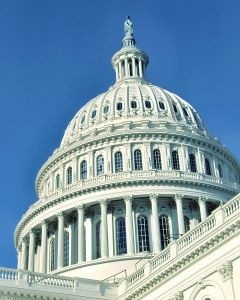US Gov: Is UN chemical weapons treaty bad for biopharma business?

In 1997 the US ratified the United Nations (UN) Chemical Weapons Convention (CWC) which, in addition to prohibiting the development, stockpiling and use of chemical weapons, restricted the manufacture of certain chemicals used in their production.
The difficulty is that some of the chemicals included on the ‘Schedule 1’ list – which can only be produced in very small quantities in a maximum of two plants in each country that has ratified the CWC treaty - are also used by the pharmaceutical industry.
For example, the plant-derived poison ricin which, has been implicated in several murders and attempted assassination, also has potential application in the treatment of cancer. As does the mustard gas variant, HN3 , which is being examined as a potential treatment for non-hodgkin's lymphoma.
Similarly, other substances on the list are needed by drug companies that develop chemical weapon countermeasures for the military and governments around the world to test that their products are effective.
To try and mitigate any negative impact the US checks each year that chemical, biotechnology, and drug firms “are not being significantly harmed by the limitations of the Convention on access to, and production of, those chemicals and toxins listed in Schedule 1.”
The US Bureau of Industry and Security (BIS), which is part of the US Department of Commerce – has asked interested parties are asked to submit feedback by January 13 in a publication in the Federal Register.
Biological weapons
While the restrictions imposed by CWC could impact biopharmaceutical manufacturers – those developing large molecule countermeasures to ricin poisoning for example – it is the UN Biological Weapons Convention (BWC) that is more likely to have a direct impact.
BioPharma-Reporter.com spoke with Dr Piers Millett from the UN’s Office for Disarmament affairs earlier this year who said that – as for the CWC - the biopharmaceutical industry has to play in preventing the production of weapons.
The interview is available here.











